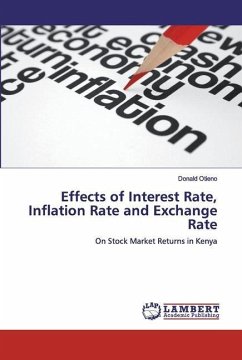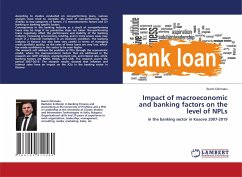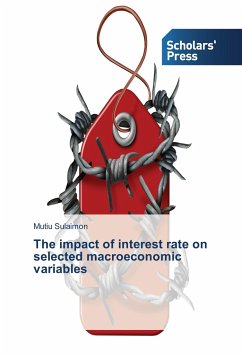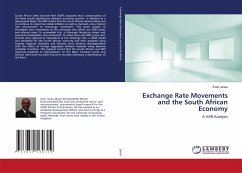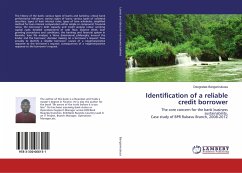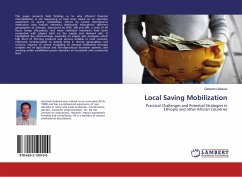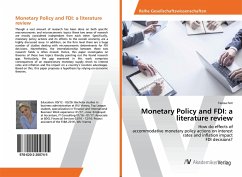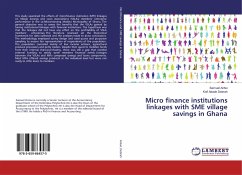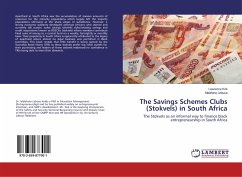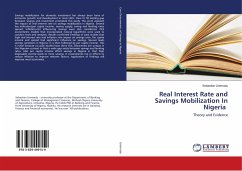
Real Interest Rate and Savings Mobilization In Nigeria
Theory and Evidence
Versandkostenfrei!
Versandfertig in 6-10 Tagen
51,99 €
inkl. MwSt.

PAYBACK Punkte
26 °P sammeln!
Savings mobilization for domestic investment has always been bane of economic growth and development in most LDCs. How to fill existing gap between savings and investment prompted this study. The work assessed the impact of real interest rate on savings mobilization in Nigeria. Several key indicators(per capita income, money supply, saving and lending rates spread, inflation,etc) influencing savings were also considered. OLS econometric models that incorporated natural logarithms were used to conduct tests and analyses. Results confirmed findings of past studies that high real interest rate an...
Savings mobilization for domestic investment has always been bane of economic growth and development in most LDCs. How to fill existing gap between savings and investment prompted this study. The work assessed the impact of real interest rate on savings mobilization in Nigeria. Several key indicators(per capita income, money supply, saving and lending rates spread, inflation,etc) influencing savings were also considered. OLS econometric models that incorporated natural logarithms were used to conduct tests and analyses. Results confirmed findings of past studies that high real interest rate and inflation rate impact on savings ratio. Per capita income and spread had significant influence on savings. Spread leads savings variations in Nigeria. It is then followed by per capita income. This is novel because no past studies have done this. Discoveries are unique in the Nigerian context in that a wide gap exists between savings and lending rates. Also per capita income affect savingsin Nigeria in that high disposable income leads to more savings. It recommends rise in efforts to reduce inflation to improve relevant factors. Application of findings will improve most economies.



